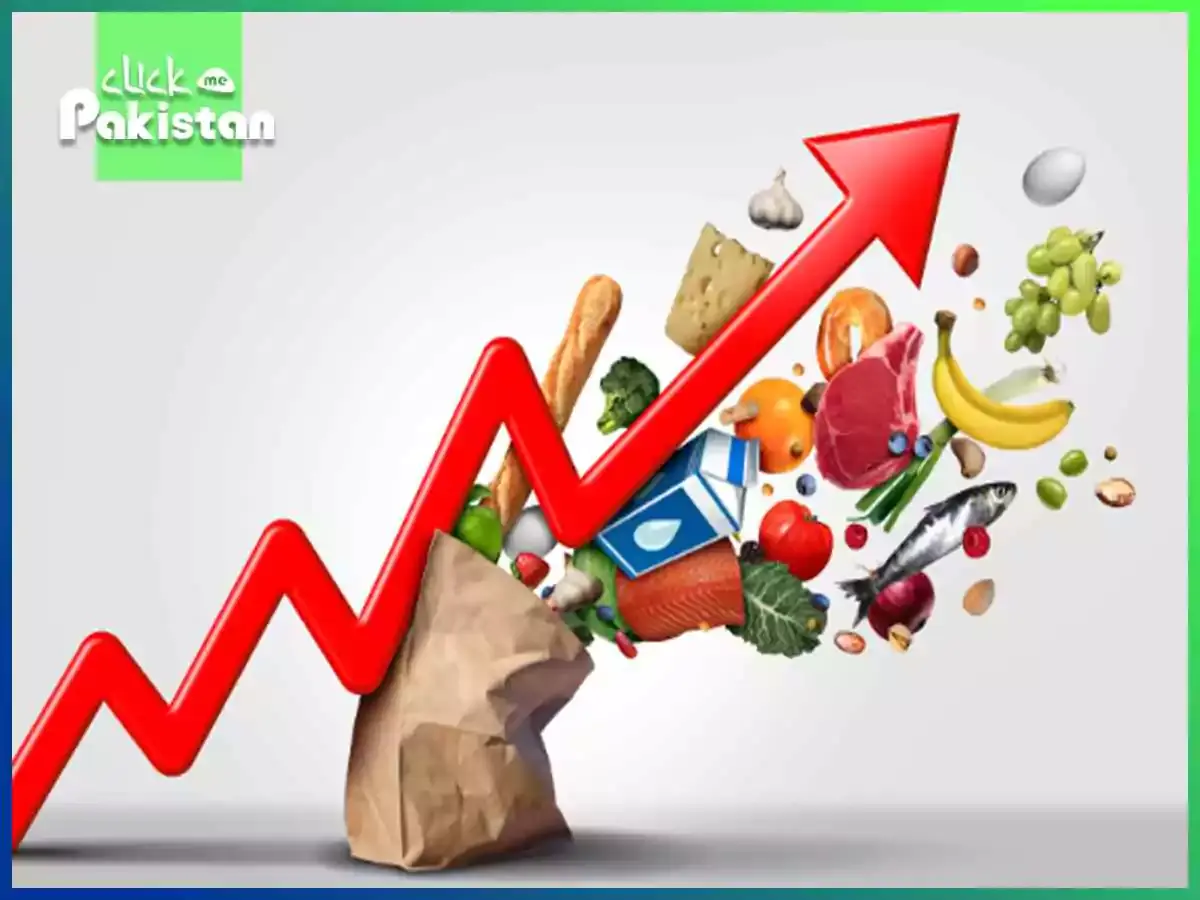Pakistan has seen political turmoil in 2023. One of the many things that caused havoc among people was Causes of Inflation. We have seen a rise in inflation that led to a rise in the prices of everyday necessities. This wasn’t something that was expected but it caused waves among the entire nation and we saw how badly it affected people of all classes. But what is inflation? What Causes Inflation? Why is it so important to understand?
In this blog, we’ll be understanding what is causes of inflation.
Understanding Inflation
Causes of Inflation refers to the sustained increase in the general price level of goods and services within an economy over some time, consequently leading to a decrease in the purchasing power of money.
While moderate inflation is normal for a nation or a growing economy, however high and unpredictable inflation can lead to economic instability and this is something that we have seen in Pakistan over 2 years where the prices of goods were over the roof.
Loosely translated, inflation is a measure of how fast prices of goods and services are rising.
If inflation is occurring, leading to higher prices for necessities such as food, it can hurt the overall impact on the overall economy of the country. There are various causes of inflation.
Causes Of Inflation

The causes of inflation are many and it must be remembered that different types of inflation can stem from different sources. Here are some causes of inflation;
1. Demand-Pull Inflation
This occurs when the demands for goods and services surpass their supply. When consumer demand outpaces the ability of businesses to produce enough goods to meet that demand, prices tend to rise. Factors such as increased consumer spending, expansionary fiscal policies or loose monetary policies can demand-pull inflation.
2. Cost-Push Inflation
This is another very cause of inflation. To explain it simply, the prices of goods increase because the overall production costs of the raw materials and wages increase.
The demand for goods is however unchanged while the supply of goods declines due to higher costs of production. As a result, the added costs of production are passed onto consumers in the form of higher prices for the finished goods.
Furthermore, one of the signs of cost-push inflation can be seen in rising commodity prices such as oil and metals since they are major production inputs.
For example, if the price of copper rises, companies that use copper to make their products might increase the prices of goods as well. Consequently, this led to a rise in the prices of all copper goods.
3. Built-In Inflation
Along with other causes of inflation, this one also makes it to the list. This is related to the future of inflation.
When people expect the prices to rise, eventually they may demand higher wages to keep up with the expected cost of living.
These higher wages, in return lead to increased production costs for businesses, eventually resulting in a cycle of inflation.
4. Supply Shocks
One of the many causes of inflation is also supply shocks, major disruptions to an important economic input like energy.
For example, if a lot of oil fields stop producing oil because of war then eventually the prices of energy will increase.
In theory, a decrease in the supply of goods should lead to a higher price, fewer buyers, and a new equilibrium. In practice, these things are more complicated. A supply shock might set off a sustained increase in prices because there aren’t good alternatives and so, therefore, the prices keep rising.
5. Monetary Factors
Another important factor is the monetary policy.
If central banks increase the money supply excessively or pursue expansionary monetary policies such as lowering interest rates, it can lead to too much money chasing too few goods, causing prices to further rise.
6. Monetary Devaluation
Again, monetary devaluation is another cause of inflation, especially in Pakistan.
According to theory, money’s value is subject to the law of supply and demand, just like any other good in the market. As the supply grows, the value goes down. If the value of money goes down, its purchasing power also drops, and ultimately things become very very VERY expensive!
Over the fiscal years of 2022-2023, we have seen a deep drop in the value of the Pakistani rupee which led to massive inflation.
7. Dynamics Of A Country
It is also important to remember that a country’s dynamics play a crucial role in its economy and definitely in inflation. A country’s policies regarding agriculture, goods, services, raw materials, and other things decide whether the prices of things are going to go up or not.
Also, politics play a huge role in a country’s dynamics and economics. Its relations with other borders and its import-export ratio play a huge role.
Role Of Central Banks

Central banks play a crucial role in managing and controlling inflation within an economy. Their primary goal is to maintain price stability while also supporting sustainable growth. Central banks use monetary policies to influence the money supply and interest rates in the economy. Moreover, central banks conduct open market operations by buying or selling government securities in the open market. Therefore, central banks play a very important role during inflation.
Who Is Hurt By Inflation
Inflation tends to hurt and affect a massive population of people. This year, the rise in inflation affected a massive population in Pakistan. Mostly, it harms the savers and lenders the most. Savers see their cash eroded of purchasing power, while those loaned money at lower fixed interest rates are stuck with less valuable loans until they mature.
How To Protect Against Inflation
Now that we have discussed the causes of inflation, here are a few things that can help you against inflation;
- Lock in low fixed interest rates
- invest in stocks
- buy inflation-protected securities
- save at high interest rates
- buy an inflation hedge
- own rental estate
Conclusion
In the end, it must be remembered that inflation is a complex interplay of many factors. Therefore, it is always advisable for countries to take steps in the likes of people and develop policies to combat global inflation.









